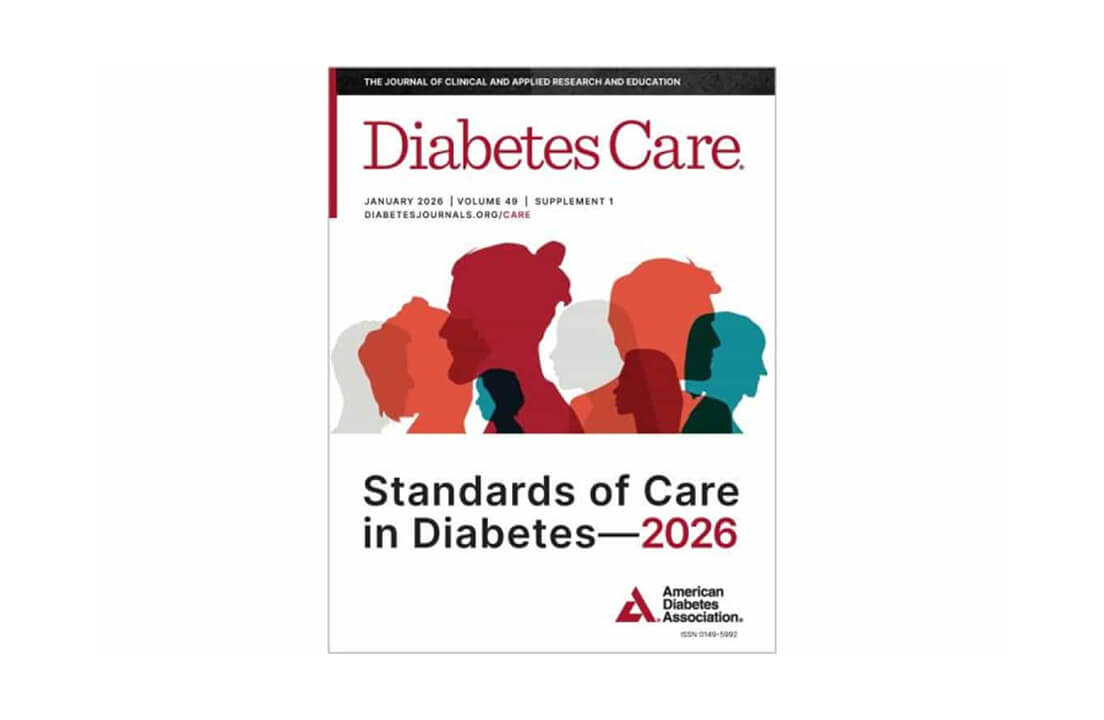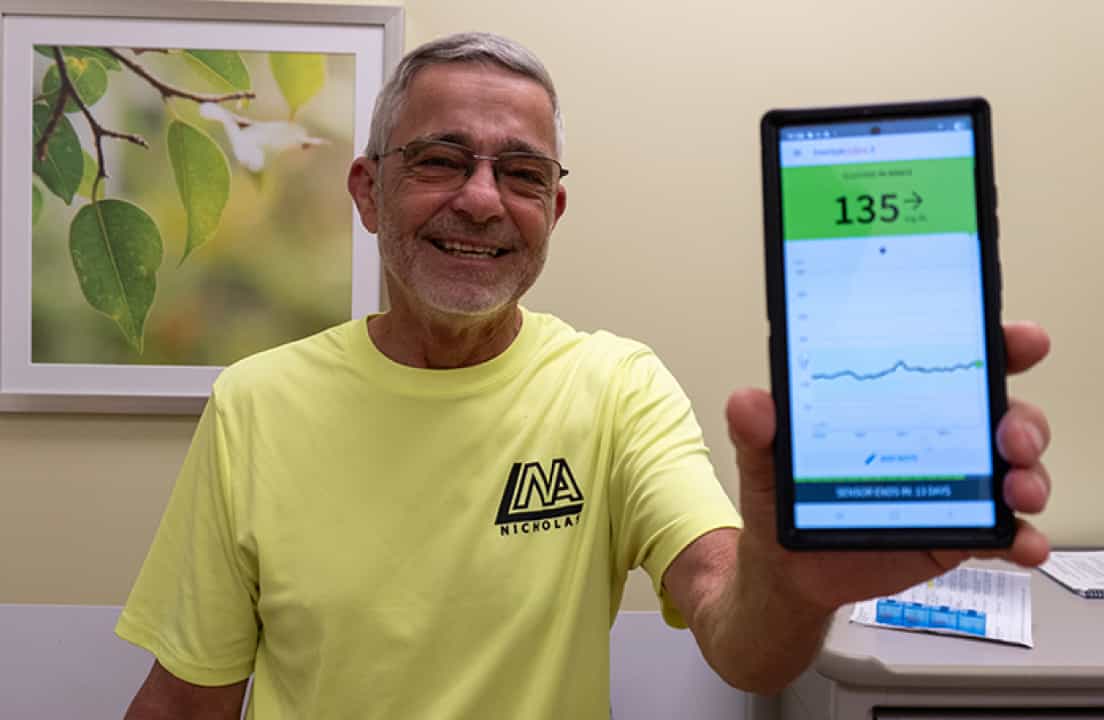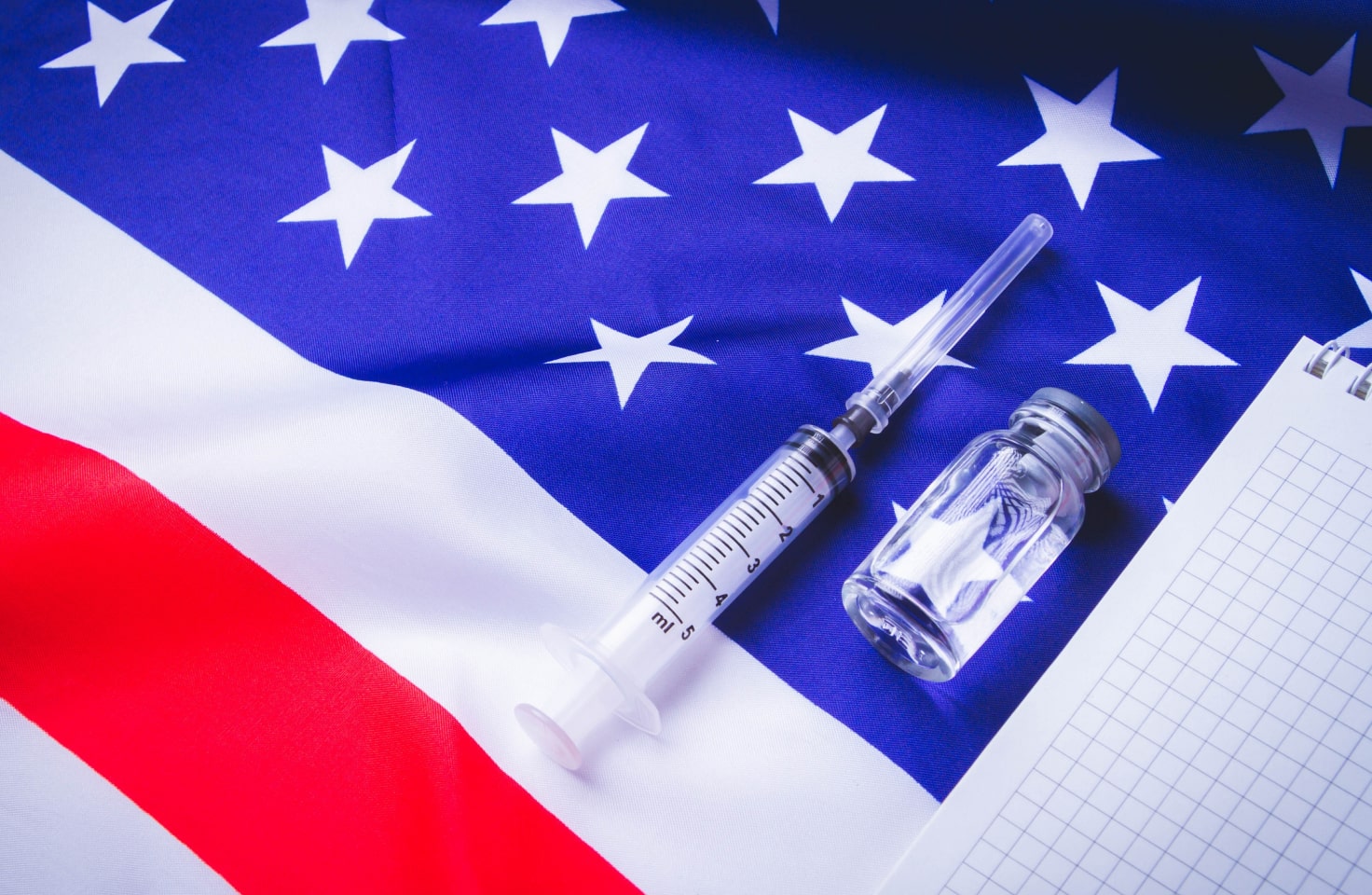T1D Guide
T1D Strong News
Personal Stories
Resources
T1D Misdiagnosis
T1D Early Detection
Research/Clinical Trials
Understanding Diabulimia: A Type 1 Diabetes Eating Disorder
Twenty-two-year-old Gemma sits on a hospital bed, pricking her finger with a lancet. Her silver-blonde hair is tied up in a messy bun, and her voice is flat as she talks to the camera. “It’s addictive not to inject your insulin,” she says. “Because, I don't know, you can then eat whatever you want.”

Editor’s Note: The information provided here is for informational purposes only. If you are suffering from an eating disorder diagnosis, seek help from a trained healthcare team. You can also contact the National Eating Disorders Helpline at (800)931-2237 or text “NEDA” to 741741 for immediate support.
Gemma was the subject of a 2017 documentary by the British Broadcasting Company (BBC) with a shocking yet painfully accurate title: “Diabulimia: The World's Most Dangerous Eating Disorder.”
The thirty-minute documentary follows young adult women in the United Kingdom living with diabetes mellitus type 1 as well as a unique and dangerous eating disorder called diabulimia. In this mental health condition, one restricts their insulin injections in order to lose weight.

But, this isn't a new, nor uncommon, problem.
Insulin Omission to Lose Weight
In a 2000 study conducted in diabetes clinics and Canadian schools, researchers found that young women with type 1 diabetes are twice as likely than their non-diabetic peers to develop eating disorders such as anorexia nervosa or bulimia nervosa. Additionally, research shows that 20% of women with diabetes have or have had an eating disorder at some point following their diagnosis.
These researchers also found that among the type-1 diabetes group, insulin omission in order to produce weight loss, known colloquially as diabulimia, was the second most frequent behavior after dieting by individuals with eating disorders.
Twenty-four years later, our understanding of eating disorders in type 1 diabetes management still has a long way to go, with the condition not separately recognized in the Diagnostic and Statistical Manual of Mental Disorders (DSM) and instead referenced under the diagnosis of bulimia.
However, diabulimia behaviors are very different from the binge eating and purging disorder that shares a similar name, as diabulimia relies on restricting insulin for weight control.
What is Diabulimia?
Diabulimia is an eating disorder that affects individuals with type-1 diabetes. Behaviors include insulin restriction and deliberate diabetic ketoacidosis (DKA) in order to encourage the body to eat away at its stored fat.
How does it happen?
Anyone who remembers their diabetes diagnosis may recall an unexplained weight loss as a notable symptom. This occurs when the absence of insulin forces the body to look to other areas to receive nutrients because it is unable to break down the sugars one is eating. This leads to the body breaking down protein and fat stores for nutrients, resulting in a significant drop in weight.
In other current diabetes reports from the National Institutes of Health, researchers looking into diabulimia identified a number of contributing factors that include a fear of gaining weight and a lack of control following a diabetes diagnosis. Additionally, another study cited that recovery from a diabetes diagnosis can result in weight gain, triggering individuals to restrict their insulin intake.

Who is affected?
Diabulimia is most common in young women but can happen to anyone living with diabetes and struggling with disordered eating. Research from the NIH also suggests that one-third of individuals living with type 1 diabetes admitted to intentionally restricting or limiting their insulin dosage.
Type 1 diabetes is one of the most serious medical conditions people face today, with severe health complications if left untreated. Diabetes care includes tight glycemic control with blood sugar levels in a constant time range. Health risks arise when blood sugars remain higher than the recommended level.
Moreover, diabulimia is a dangerous and potentially life-threatening condition, so it's important to seek help as soon as you or a loved one are showing signs of it. Early intervention is critical as the longer a patient's blood glucose remains high, the higher the risk of side effects.
Dangers of Diabulimia
Those with diabulimia intentionally restrict insulin, resulting in high blood sugar levels, which can cause cardiovascular, kidney and nerve damage. High blood glucose levels can also lead to life-threatening conditions like diabetic ketoacidosis (DKA).
The Risks of Diabetic Ketoacidosis (DKA)
Diabulimia is a highly dangerous disorder that can quickly lead to DKA alongside other complications. DKA occurs when the body has insufficient insulin levels and pulls from fat stores for nutrients. This causes acidic chemicals called ketones to develop in the blood, making the blood acidic and leading to symptoms such as:
- Excessive thirst
- Frequent urination
- Stomach pain, feeling sick or being sick.
- Brain fog
- breathing more deeply than usual.
- breath that smells fruity
- Lethargy
- Blurred vision

Retinopathy (Vision Loss)
Beyond DKA, individuals who frequently restrict insulin due to diabulimia can face a number of long-term issues, including vision loss due to diabetic retinopathy. The prolonged high blood sugar levels that result from insufficient insulin can harm blood vessels around the body, most notably in the retina, the part of the eye that detects light, and can cause vision loss as blood vessels are weakened, damaged or blocked as a result of sugar in the blood.
Treatment for retinopathy cannot undo the damage done to the eyes and can only work to prevent more damage, making this condition
all the more dire.
Pro Tip: Struggling with dry eyes? Learn more about Dry Eye Syndrome in our article Dry Eye Syndrome and Diabetes.
Nephropathy (Kidney Damage)
Blood vessel damage from high blood sugar can also affect the kidneys, leading to a dangerous kidney disease called diabetic nephropathy. The increase of sugar in the blood damages the vessels inside the kidney, slowing the kidneys' filtering
system.
If left untreated, diabetic nephropathy can lead to kidney failure, a deadly condition that can only be treated by kidney dialysis
or a kidney transplant.
Peripheral Neuropathy (Nerve Damage)
Peripheral neuropathy is a condition that occurs when the peripheral nerves located outside of the brain and spinal cord are damaged. This injury can undermine the nerves' ability to function properly, which can lead to a variety of symptoms:
- Numbness, tingling, or prickling in the fingers or toes
- Pain and/or weakness in the hands, arms, legs, or feet
- Tingling or burning in the arms and legs
- Deep pain in the feet and legs
- Loss of balance
- Hypersensitivity
Diabulimia Treatment
Diabulimia specifically affects individuals with type 1 diabetes, so treatment for the disorder has multiple layers and can include a team of professionals. In addition to an endocrinologist to help manage the risks of continuously high blood sugar, treatment includes psychologists or therapists, registered dietitians and certified diabetes educators.
A Pervasive Problem
One of the main elements of Gemma’s story was her inability to access a bed at an eating disorder unit in any London hospital. Due to her diabetes and medical situation, medical professionals refused to care for Gemma, citing that she would be too difficult because of her diabetes. Consequently, this occurred in 2017, and the documentary ended by letting the audience know that Gemma did eventually get a hospital bed. However, the lack of understanding and treatment for diabulimia from the medical community, including mental health professionals, remains a hot topic.
Despite the prevalence of these disorder behaviors, including the binge eating disorder, excessive exercise, and anorexia nervosa among individuals with type 1 diabetes, an NIH study from 2020 found that 69% of participants, T1Ds who engaged in insulin restriction to lose weight, said that their experience with medical professionals was negative.
“They just don’t understand,” the study reported one individual as saying. “They think it’s as simple as ‘just take your insulin.’”

Help is Available
It's important to know that the medical consequences of diabulimia are dire, and despite health care providers' lack of diagnoses, a mental health team is readily available to help those suffering from diabulimia.
If you or a family member is suffering from the disorder, seek help with the National Eating Disorder Association (NEDA) as well as at the Diabulimia 24-hour hotline.


.webp)





.webp)

.webp)
.jpg)
.jpeg)
.jpg)




.jpg)



.jpg)




.jpg)

.jpg)



.jpg)

.jpg)




.jpg)
.jpg)
.jpg)
.jpg)
.jpg)
.jpg)
.jpg)

.jpg)
.jpg)

.jpg)



.jpg)
.jpg)
.jpg)

.jpg)

.jpg)














.jpg)


.jpg)


















.webp)






















.webp)